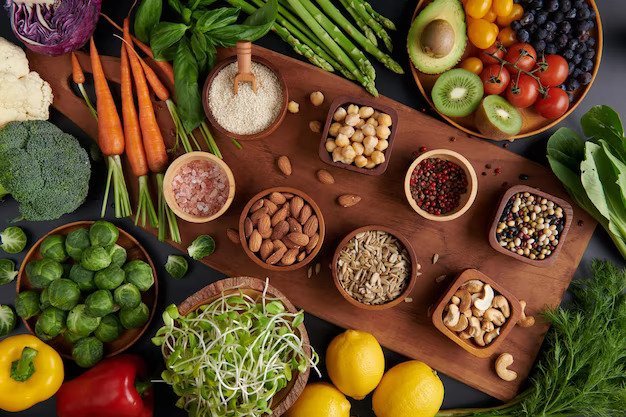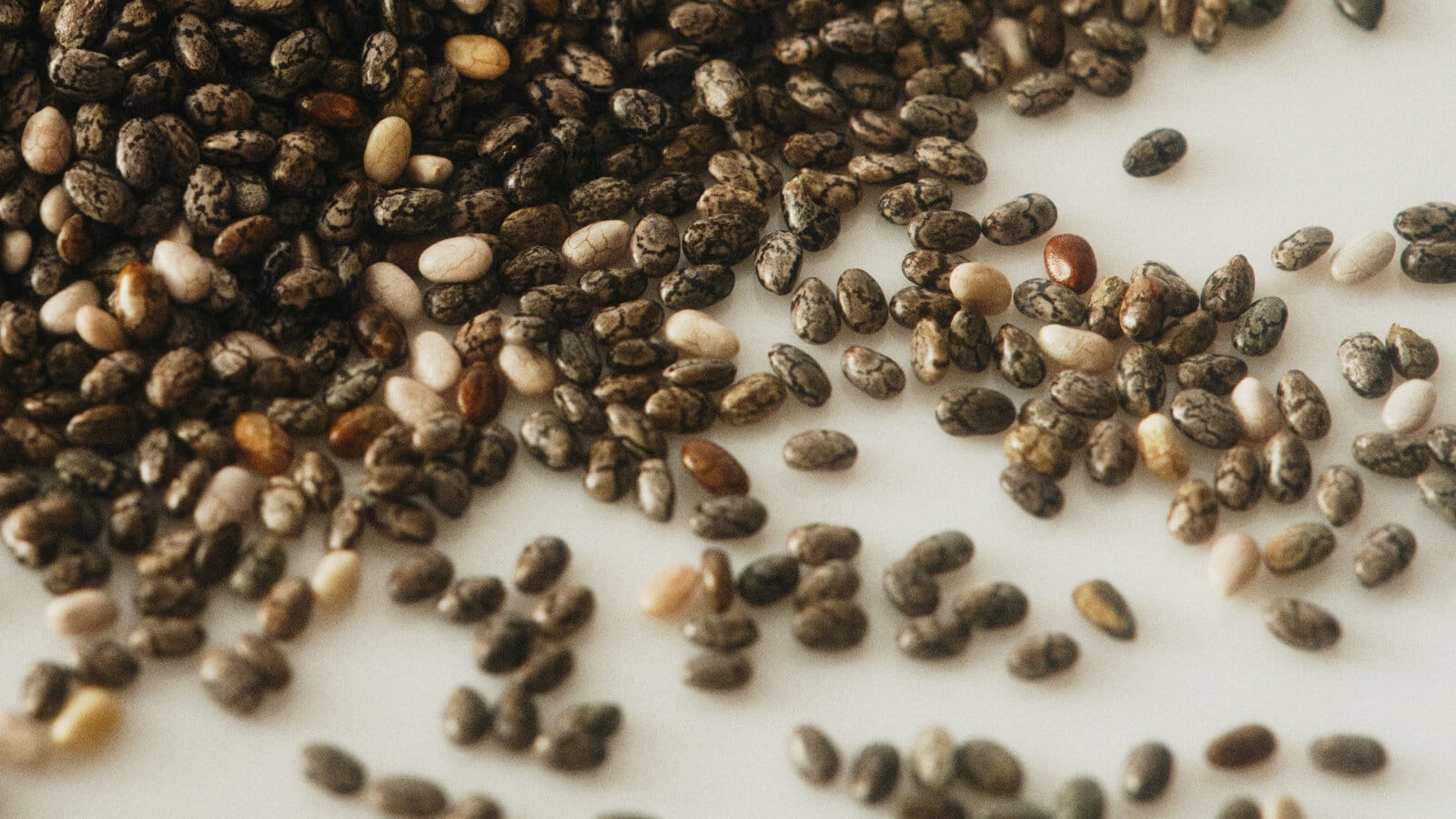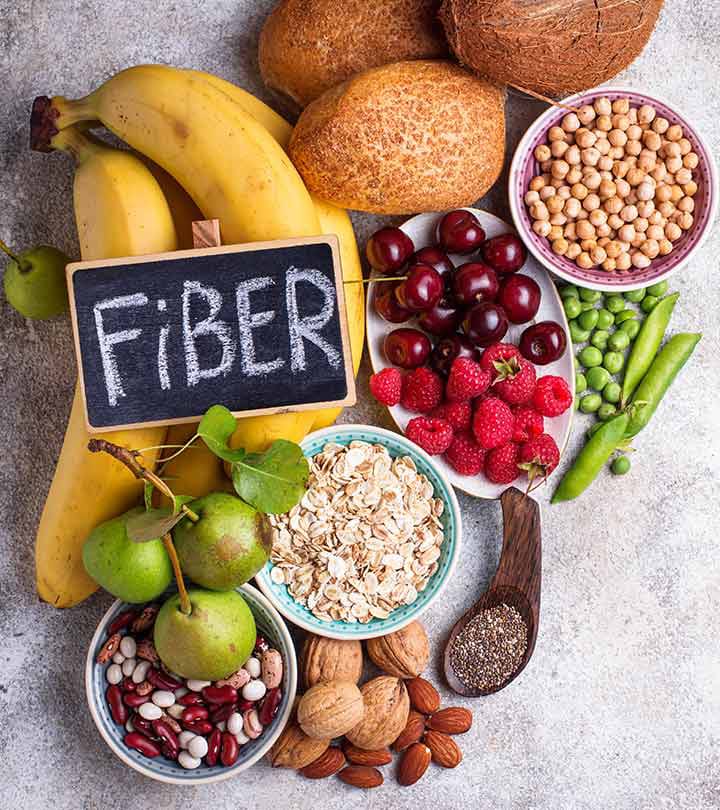Wholegrain cereals, fruit, and vegetables all contain fiber. The indigestible components or chemicals of plants, known as fiber, travel through our stomach and intestines largely undamaged.
Essentially, fiber is a carbohydrate. The primary function of fiber is to maintain a healthy digestive system.
Dietary fiber, commonly referred to as “roughage” or “bulk,” is a kind of carbohydrate that the body is unable to break down. As a result, fiber travels through the intestinal tract largely undamaged, in contrast to other carbohydrates that are broken down into easily absorbed sugar molecules.

We must ensure that we consume adequate amounts of fiber because it supports good digestion, weight management, blood sugar regulation, and many other things. It has also been connected to increased longevity and a lower chance of developing cancer.
Seven Essential High-Fibre Foods for Your Diet
1. Chickpeas:

A cup of chickpeas has about 16 grams of dietary fiber. Magnesium, omega-3 and omega-6 fatty acids, and proteins are all abundant in chickpeas. For a protein-packed snack, chickpeas can be eaten in a salad, made into hummus, or cooked in a classic Indian dish with veggies and spices.
2. Avocados:

Rich in vitamin K, folate, potassium, vitamin B6, vitamin B5, vitamin E, and vitamin C, avocados are incredibly healthy and packed with a ton of fiber. This low-carb dish also contains good fats.
3. Chia Seeds:

Chia seeds are nutrient powerhouses. They provide omega-3 fatty acids, protein, vitamins, and minerals. They are essential for maintaining the digestive system’s functionality and the colon’s health. A lower risk of diabetes has also been linked to this superfood.
4. Berries:

Berries often contain less sugar than other fruits, so combining them with yoghurt or cereal makes for a nutritious snack. They are rich in fiber, folate, and vitamins A, C, E, and K. Additionally, they maintain healthy bones, skin, and blood sugar levels while enhancing bone density.
5. Sweet Potato:

Research has indicated that eating sweet potatoes, which are strong in fiber, can help people with type I diabetes control their blood sugar levels. Sweet potatoes can be eaten boiled or baked and are a significant source of magnesium.
6. Carrots:

Carrots are a particularly excellent source of potassium, beta-carotene, fiber, and vitamin K1. Soluble fibers included in carrots reduce blood sugar levels by delaying the absorption of sugar and carbohydrates.
7. Apples:

Apples help to slow down digestion, encourage fullness, and slow the absorption of glucose. Apples have also been linked to a number of health benefits, including improved digestion and a decreased risk of heart attack, stroke, diabetes, high blood pressure, obesity, and several malignancies.
Also Read: UIDAI has introduced new Aadhaar services on its toll-free number



